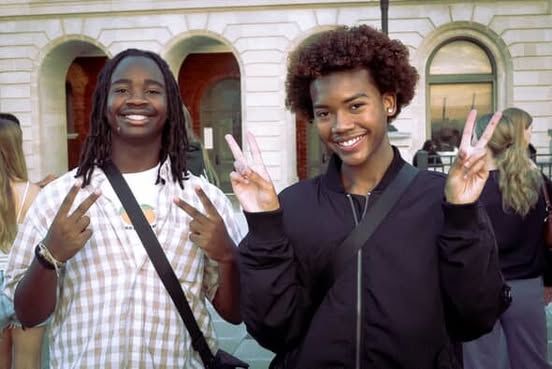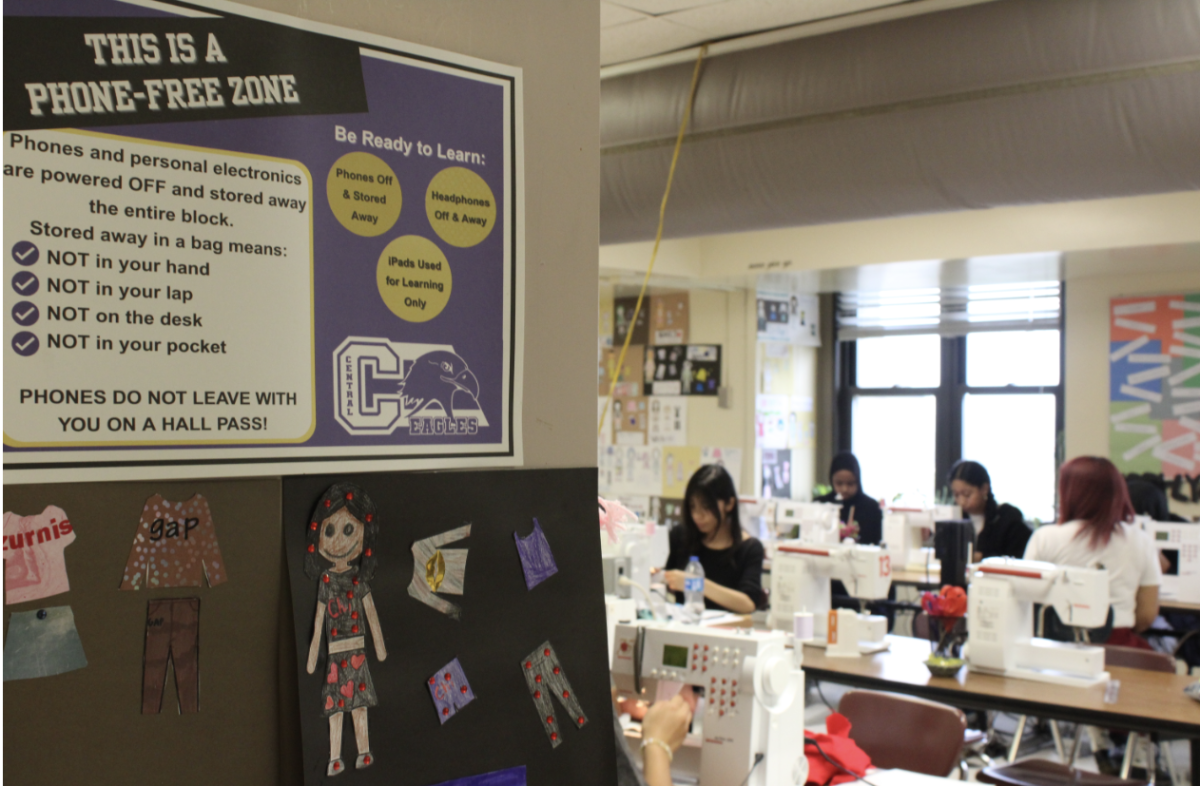When one thinks of unicorns, it’s usually the wild woodland creature of Medieval art, or the cutesy, colorful ponies popularized by “My Little Pony,” not the nightmarish monsters pictured in writer-director Alex Scharfman’s “Death of a Unicorn.”
“Death of a Unicorn” stars Paul Rudd and Jenna Ortega as father and daughter Elliot and Ridley, who are grieving the loss of Elliot’s wife and Ridley’s mother to illness. Ridley isn’t exactly thrilled when Elliot insists that Ridley accompany him to the estate of his boss, billionaire Odell Leopold (Roger E. Grant) and his family—his wife Belinda (Téa Leoni) and their son Shepard (Will Poulter).
To top it all off, Elliot accidentally hits a unicorn with his car while driving to their destination, then proceeds to bash its head in with a tire iron when Ridley touches its horn and becomes paralyzed by a cosmic vision. Not wanting to leave it out in the middle of the road, Elliot unceremoniously hauls the unicorn into his trunk. The situation quickly spirals when the Leopolds discover its existence, and the miraculous, curative powers of its blood.
The movie’s distributor, American entertainment company A24, is what initially drew me to “Death of a Unicorn.” I knew the movies they distributed to be generally good, and they were also the distributors of two of my all-time favorite movies: “Eighth Grade” (2018) and “Problemista” (2023). But the new spin on a genre overflowing with animated children’s movies piqued my interest in the film when it came out March 28. However, I left the Ruth Sokolof Theater feeling much more enthusiastic than when I came in.
A few days later, I barely even remembered the movie.
Despite its premise, “Death of a Unicorn” is a forgettable movie. It has some familiar themes about capitalism and exploitation that other films have already addressed, and much better at that. Eat-the-rich films like “Triangle of Sadness” and “Parasite” continue to be popular for a reason, and “Death of a Unicorn” just didn’t have anything new to contribute to this type of movie.
The acting was too over the top at times. This wasn’t a problem for the Leopolds, who were clearly meant to be caricatures of the oligarchy, which is what made them so hilarious and repulsive at the same time. It was different for Ortega and Rudd’s characters, who are supposed to be the average citizens dragged into a situation out of their control. Rudd’s acting in particular was some of the blandest. On the other hand, Poulter, an underrated actor, made the movie much more fun; he did a fantastic job portraying a privileged man-child.
Some of the reviews I read for this movie mentioned its CGI as one of its worst points. Granted, it wasn’t the best, but it wasn’t anything bad enough for me to take that much notice.
Additionally, I saw the movie marketed as both a horror comedy and black comedy, but it was much more of the latter. Although there were clear influences from “Jurassic Park” and “Alien,” movie watchers shouldn’t go into it expecting a horror movie.
Overall, although the movie has a few solid laughs, it’s unlikely to be a memorable installment in the A24 franchise.




















